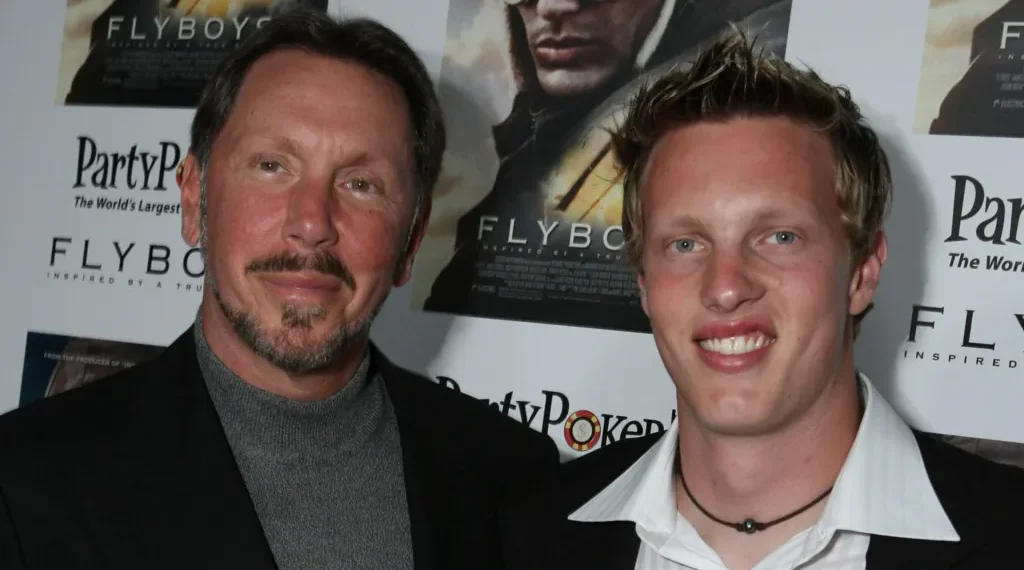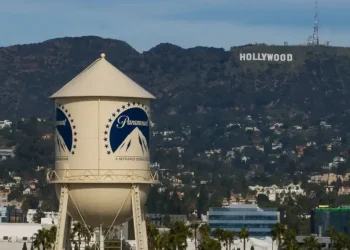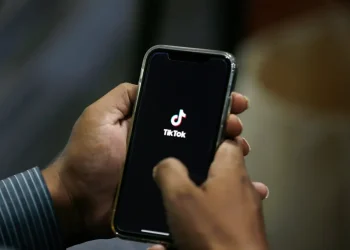Ellison Family Expands Media Empire With Paramount Takeover and Warner Bros. Interest
Published: September-28-2025, 13:00 EDT
The Ellison family, led by Oracle co-founder Larry Ellison and his son David Ellison, is emerging as a powerful force in the U.S. media industry. With ties spanning technology, entertainment, and politics, their growing influence has sparked both optimism among investors and concerns among critics who fear a new concentration of media power.
From Technology to Media Dominance
Larry Ellison, 81, built his fortune as co-founder of Oracle, a global leader in databases and cloud computing. His stake of nearly 40% in the company has fueled a net worth that briefly made him the world’s richest person in 2025, surpassing Elon Musk. Oracle’s role in building artificial intelligence infrastructure has further bolstered his wealth, estimated at around $370 billion.
Historically, Ellison’s interests ranged from sailing and tennis to anti-aging research and real estate ventures, including ownership of much of the Hawaiian island of Lanai. But in recent years, his attention has shifted toward media—an industry that positions him alongside long-established families such as the Murdochs.
Political Ties and Strategic Positioning
Ellison’s relationship with former U.S. President Donald Trump has been a significant factor in his media-related ventures. A known Republican donor, Ellison hosted a fundraiser for Trump in 2020. While public records show limited direct contributions, his political connections have proven influential.
During Trump’s first term, Oracle played a role in negotiations around TikTok, hosting U.S. user data as part of a national security deal. That partnership is now expanding, with Oracle expected to help retrain TikTok’s recommendation algorithm under a new investment agreement.
These ties have raised concerns among critics, who argue that Ellison’s growing influence could allow political favoritism in media ownership.
David Ellison’s Hollywood Ambitions
While Larry Ellison laid the financial foundation, his son David Ellison, 42, has carved his own path in Hollywood. After an unsuccessful debut as a producer-actor in 2006, he founded Skydance Media in 2010. Since then, Skydance has produced blockbuster films such as Mission: Impossible, True Grit, and World War Z, alongside ventures into television, gaming, and sports.
David’s sister, Megan Ellison, also entered the industry with Annapurna Pictures, producing critically acclaimed films like Her, Zero Dark Thirty, and American Hustle.
The Ellison family’s influence expanded dramatically in 2025 when Skydance, backed by Larry Ellison’s financial support, acquired Paramount Global. The deal brought more than 18,000 employees under David’s leadership and placed him in charge of CBS News, one of the United States’ most prominent broadcasters.
Paramount Acquisition and Regulatory Approval
The Paramount acquisition required approval from the Federal Communications Commission (FCC), led by Brendan Carr, a Trump appointee. Regulators imposed conditions on the deal, including measures to address perceived political bias at CBS. Among the changes: appointing a conservative watchdog to review complaints and requiring that CBS’s flagship political program, Face the Nation, air only unedited or live interviews.
The Ellisons are also reportedly preparing a bid for Warner Bros. Discovery, owner of CNN, HBO, and major entertainment properties like Harry Potter and Looney Tunes. If successful, the merger would create one of the largest media companies in the U.S., rivaling Disney and Netflix.
Concerns Over Media Concentration
The Ellisons’ rapid expansion has fueled debate over the risks of media consolidation. Advocacy group FAIR warned that control over CBS, CNN, and TikTok by a family closely tied to Trump could endanger democratic transparency.
Senator Elizabeth Warren has also voiced opposition, calling a potential Paramount–Warner Bros. merger a “dangerous concentration of power.” Meanwhile, House Democrats launched an inquiry into whether Skydance or Paramount made undisclosed commitments to Trump during negotiations.
The scrutiny intensified after Paramount settled a $16 million lawsuit with Trump just weeks before the merger was approved. Trump later claimed “the new owners” had promised him billions in free advertising, though David Ellison denied any improper agreements, stating that Skydance complies with all anti-bribery laws.
Balancing Entertainment and Politics
David Ellison has insisted that Skydance’s primary mission is entertainment, not politics. “We’re an entertainment company first, and I genuinely believe if you’re breathing, you’re our audience,” he told the Los Angeles Times.
Some investors and partners have echoed this sentiment. Gerry Cardinale of RedBird Capital, a Skydance partner, argued that political interference would undermine profitability, calling independence and objectivity “the kernel of the entire investment thesis.”
Still, critics point to regulatory concessions at CBS as signs that political considerations are shaping editorial decisions.
Investor Optimism and Market Strategy
On Wall Street, the Ellisons’ strategy has been well-received. Analysts argue that merging Paramount with Warner Bros. Discovery could create a powerhouse capable of competing with Disney’s extensive catalog and Netflix’s streaming dominance.
David Ellison’s experience as a filmmaker, rather than just a tech billionaire, differentiates him from figures like Jeff Bezos, who acquired The Washington Post. While Ellison has shown limited interest in news divisions, his $2 billion cost-cutting plan at Paramount raises questions about the future of CBS News and other journalistic operations.
The Future of the Ellison Dynasty
Industry experts suggest the Ellisons are seizing an opportunity to reshape media while enjoying political support. “Who knows how long they will have the administration’s ear?” said Paul Hardart of New York University’s Stern School of Business.
The family’s trajectory underscores a broader trend: tech wealth increasingly flowing into media ownership. Whether their influence strengthens entertainment innovation or poses risks to media independence remains a pressing question.
This article was rewritten by JournosNews.com based on verified reporting from trusted sources. The content has been independently reviewed, fact-checked, and edited for accuracy, neutrality, tone, and global readability in accordance with Google News and AdSense standards.
All opinions, quotes, or statements from contributors, experts, or sourced organizations do not necessarily reflect the views of JournosNews.com. JournosNews.com maintains full editorial independence from any external funders, sponsors, or organizations.
Stay informed with JournosNews.com — your trusted source for verified global reporting and in-depth analysis. Follow us on Google News, BlueSky, and X for real-time updates.














